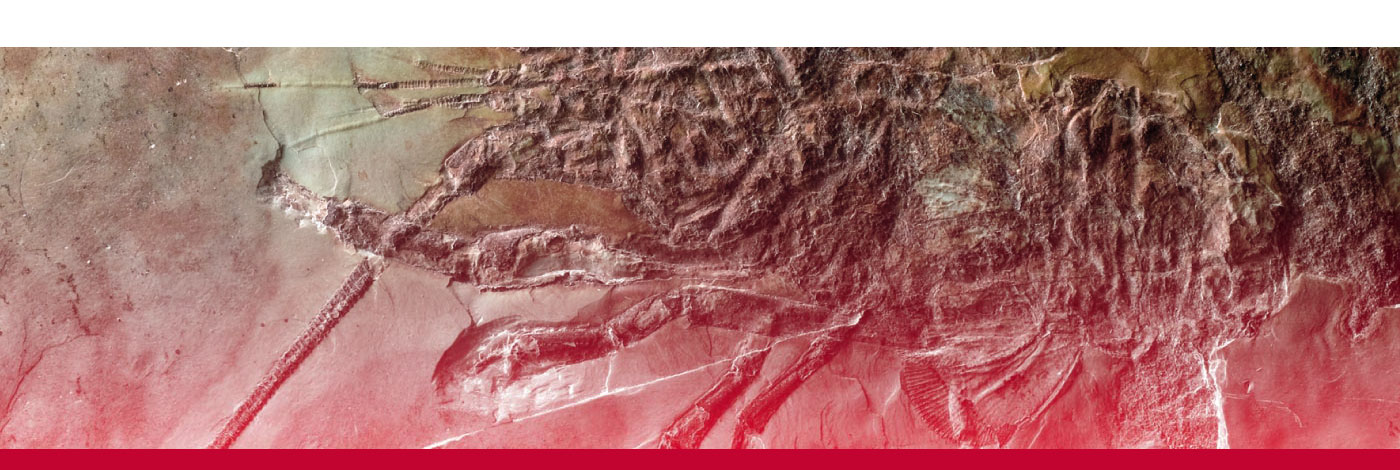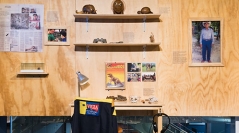

 Geodiversitas
45 (12) - Pages 367-376
Geodiversitas
45 (12) - Pages 367-376The Tatacoa Desert in central Colombia has been explored by scientists for about a century, but the role of its inhabitants in this endeavor has been limited. This is problematic because it prevents local inhabitants from benefiting from possible results associated with the process of scientific work. The development of the exhibit Fossil Territory, Living Stories is an ideal case study to understand the factors that may increase the chance of success of long-term outreach initiatives set in rural contexts where access to basic needs and to educational and cultural offers is limited. A process led by a local community from La Victoria, a small town in the Tatacoa region, brought together researchers and museum professionals to collaboratively develop an exhibit to improve local welfare and strengthen inhabitants’ relationship with their territory.
Community museums, museum exhibition, Tatacoa Desert, social appropriation